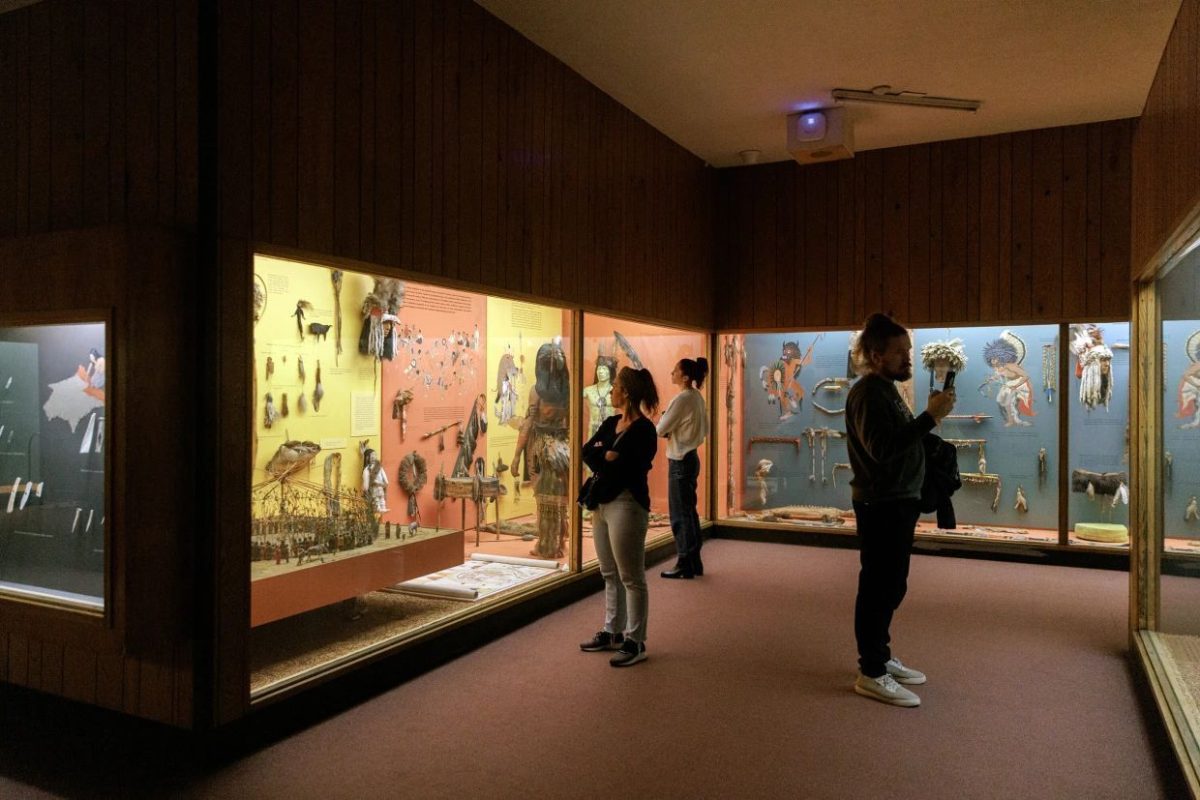The Native American Graves Protection and Repatriation Act (NAGPRA) was a United States federal law passed in 1990 to address the rights of Native American artifacts held by museums. More specifically, the act regards the repatriation of human remains, funerary objects, sacred items and objects of cultural importance held by museums and federal agencies. The Biden administration is looking to expedite the repatriation process, which is likely to have multifaceted impacts on the relationship between museums, Native American communities and museum-goers. I believe that this decision will inevitably have a positive impact on the relationship between museums and Native American nations.
First and foremost, accelerating the repatriation process will facilitate respect and collaboration between both groups. By doing so, the government will demonstrate a commitment to respecting Indigenous rights and cultural values. The accelerated process acknowledges the severity and sensitivity of displaying sacred items and human remains, pointing to a growing understanding of the cultural and spiritual significance that Native American communities hold.
While this is clearly a positive and necessary plan that considers the culture of Native Americans, I can also see how this may pose an issue for museums as businesses, as well as museum-goers. Bearing in mind that the process is being expedited, museums might face resource constraints in terms of staff and funding. Some museums and stakeholders might try to resist the sped-up process, even though it is mandated by the government. If the museums do retaliate against the repatriation process and perceive it as some sort of infringement on their autonomy, it would naturally lead to disputes and legal challenges. Additionally, it is important to note that the rapid pace may result in variations in implementation times across institutions, which will cause inconsistencies and potential issues in complying with the regulations. Additionally, gallery closures during the repatriation process could disappoint visitors, especially those who were looking forward to specific exhibits.
Many of the Native American artifacts displayed in museums were taken through unethical and disrespectful means. Archaeologists and museum collectors have looted Native American remains from homes, places of worship and tombs. Also, federal agencies have collected the dead and their belongings from battlefields and massacre sites.
Apart from the repatriation process prompted by the Biden administration, there are several ways in which museums can further respect the cultures they portray. It is crucial to consult with indigenous communities on how to properly curate and interpret artifacts and how their cultural heritage should be presented. One way to do this is to diversify museum staff, particularly the curators, to include more employees with diverse cultural backgrounds and perspectives. Therefore, they can ensure that their heritages are not being misrepresented.
It is also important that museums be transparent, stating the acquisition history of every piece within them. They must publicly acknowledge the history of questionable acquisitions in the past and demonstrate a commitment to rectify past wrongdoings while continuing to accelerate efforts to repatriate objects obtained through these means, ensuring their return to their rightful owners.
The museums should implement training and educational programs to highlight the diverse array of cultural artifacts they display. For example, they can create educational materials for visitors that explain the complexities of cultural representation and the efforts taken to rectify past injustices. Also, more training should be provided for museum staff on cultural sensitivity, ethical considerations and the importance of respecting Indigenous communities. Overall, the best steps museums could take to move forward and better their relationship with Native American nations is to be transparent, informative, and open to change.
Implementing these changes will have an overall positive effect on the museum-going experience for all parties involved. Museum-goers will be better educated when viewing the displays. Visitors can gain a deeper understanding of the ethical challenges faced by museums, contributing to a more educational and enlightening experience overall. Also, ethical policies promoting transparency and collaboration may foster increased engagement from visitors who appreciate the museum’s commitment to ethical practices. Hence, being more transparent and treating Indigenous communities with respect would be viewed highly by many people, which could overall increase the popularity of the museums. Lastly, diverse staff and inclusive narratives result in exhibits that more accurately represent the variety of human experiences, creating a more inclusive and relatable experience for visitors.
In conclusion, the expedited repatriation process mandated by the Biden administration under NAGPRA reflects a positive step towards respecting Indigenous rights and cultural values. Although resource constraints and resistance may arise, this move will enhance the educational experience for visitors and foster increased engagement through more inclusive exhibits.
Laila Sayegh, FCRH ’27, is a political science major from Congers, N.Y.





































































































































































































